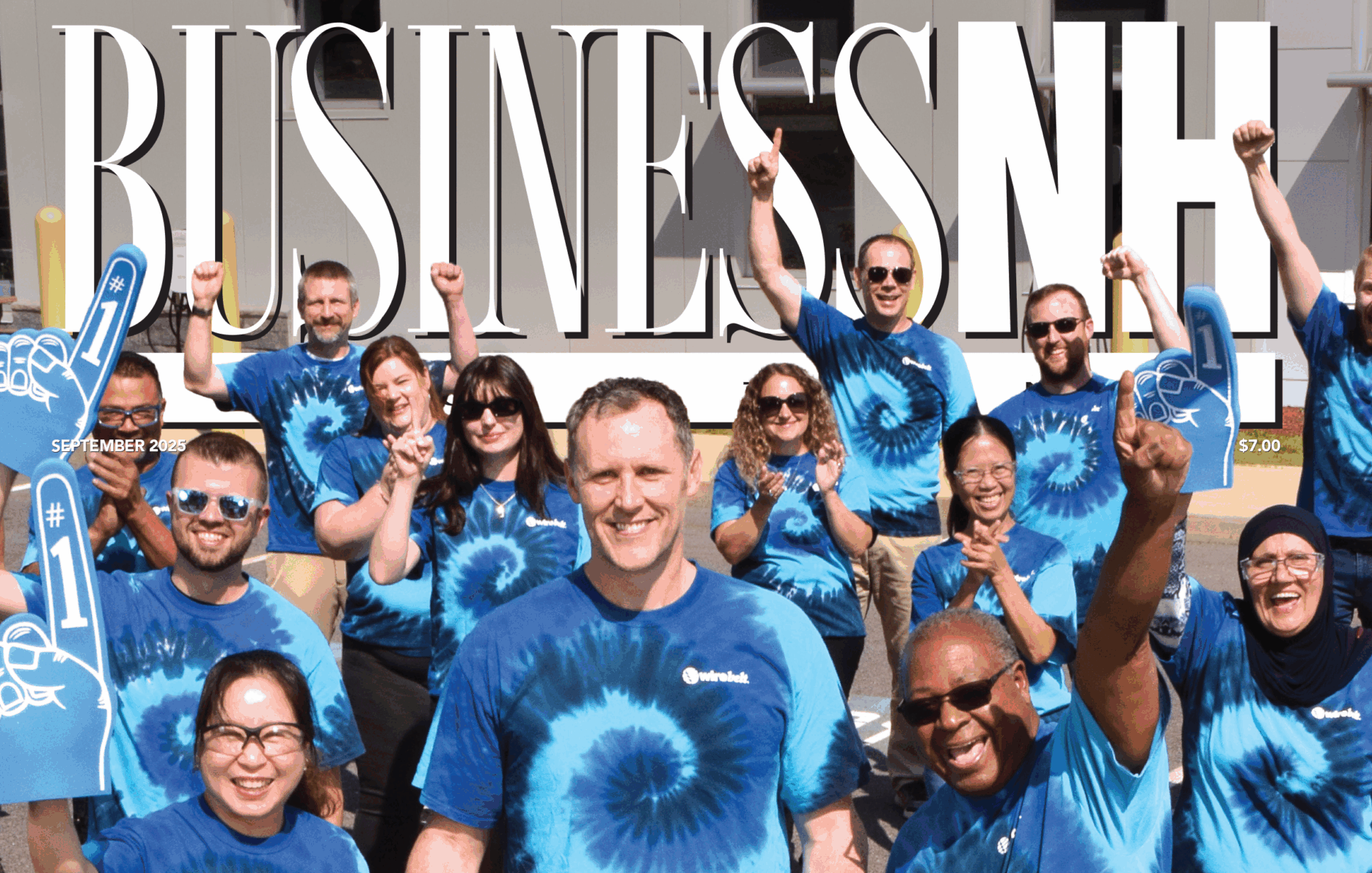
Walking onto the La Salle campus last week, I couldn’t help but feel that familiar buzz—the kind you only get when a program is on the verge of something special. As someone who’s spent over a decade analyzing collegiate sports development, I’ve seen firsthand how culture, infrastructure, and opportunity converge to build a winning legacy. And right now, La Salle basketball is doing more than just rebuilding—it’s reimagining its future. It reminds me of something I came across recently in volleyball circles, a quote from Palou about the V-League Visayas initiative: “Many of the country’s top volleyball stars have come from Cebu, and it’s about time we help grow the game even further in the Visayas. With V-League Visayas, we are providing another platform to support the CESAFI tournaments and give players more opportunities to shine.” That mindset—creating platforms that amplify local talent—is exactly what La Salle is embracing, and frankly, it’s a game-changer.
Let’s talk about talent pipelines for a second. Historically, La Salle has had bursts of brilliance, but sustaining success required a deeper investment in grassroots development. Over the past three years, I’ve watched them roll out what I believe is one of the most forward-thinking youth programs in the NCAA. They’ve partnered with 12 regional leagues across the Philippines, focusing not just on Metro Manila but also on talent-rich areas like the Visayas—a region that, much like in volleyball, has been an underutilized goldmine. In 2022 alone, La Salle scouts identified and recruited 18 players from Visayas-based leagues, a 40% increase from previous years. Now, why does that matter? Because diversity in recruitment isn’t just about widening the net—it’s about injecting different styles of play, resilience, and that unmistakable hunger you often find in athletes from outside the traditional hubs. I’ve always believed that the best teams aren’t built on stars alone; they’re built on depth, and depth comes from casting a wide, intentional net.
Of course, identifying talent is one thing; nurturing it is another. Here’s where La Salle’s approach gets really interesting, at least from my perspective. They’ve adopted what I’d call a “platform philosophy”—similar to how the V-League Visayas aims to complement CESAFI by offering additional competitive exposure. La Salle now runs year-round development circuits, including summer leagues and invitational tournaments, which serve as proving grounds for young athletes before they even put on the green-and-white jersey. These platforms don’t just build skills; they build confidence. I remember watching a high school prospect from Cebu, let’s call him Migs, play in one of these events last year. His raw talent was obvious, but it was the structured environment that allowed him to refine his decision-making under pressure. Fast forward to today, and he’s one of La Salle’s most promising guards. That kind of organic growth—supported by intentional programming—is what separates good programs from great ones.
But let’s be real: none of this happens without a clear financial and structural commitment. La Salle has allocated roughly ₱50 million over the last two years toward facility upgrades, coaching development, and scholarship endowments. Some critics might argue that’s a hefty sum, but in my view, it’s a necessary investment. Modern basketball isn’t just about drills and playbooks; it’s about sports science, recovery tech, and creating an environment where athletes can thrive mentally and physically. I was genuinely impressed when I toured their new training complex—it’s equipped with everything from biomechanics labs to nutrition hubs. And the coaching staff? They’ve brought in specialists with experience in both Philippine basketball and international leagues, creating a blend of local nuance and global perspective. It’s this holistic approach that makes me optimistic about La Salle’s trajectory. They’re not just building a team; they’re building an ecosystem.
Now, I won’t sugarcoat it—there have been setbacks. The 2023 season saw them finish with a 9–5 record, which, while respectable, fell short of championship expectations. But here’s the thing: sustainable growth isn’t linear. I’ve always preferred programs that prioritize long-term culture over short-term wins, and La Salle’s leadership seems to share that philosophy. They’ve focused on fostering a mindset of continuous improvement, something I’ve seen in other successful turnarounds, whether in sports or business. It’s about creating a identity that outlasts any single player or season. And honestly, that’s what excites me most. When you watch La Salle play now, you see flashes of cohesion and grit that weren’t there a few years ago. It’s a work in progress, but the foundation is solid.
Looking ahead, I’m convinced that La Salle basketball is on the cusp of becoming a perennial contender. The pieces are in place: a growing talent pipeline, robust development platforms, and a clear institutional vision. It reminds me of how the V-League Visayas, in its own context, is elevating volleyball by creating more opportunities for players to shine. In the same way, La Salle is giving its athletes the stage they need to grow—not just as players, but as leaders. Will they win a championship next season? Maybe, maybe not. But the real victory is in the process, and from where I stand, La Salle is building something that will endure long after the trophies are handed out. And if you ask me, that’s what a winning program is all about.
Notifications
Pba Basketball Betting OddsCopyrights